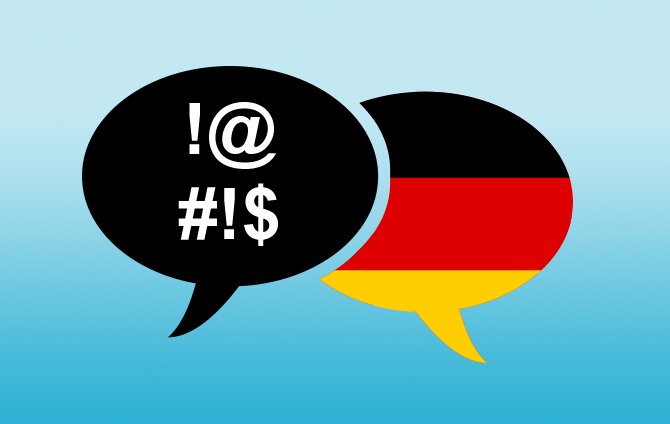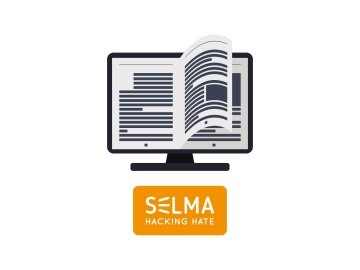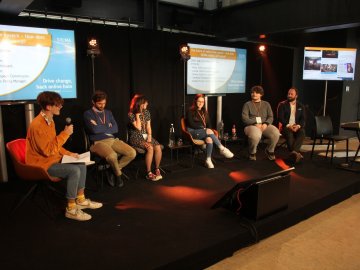Online hate speech is a well-known phenomenon in Germany. A recent survey study conducted among a representative sample of German Internet users demonstrated that 78 per cent of participants have already witnessed hate speech online. Especially young people between 14 and 24 years old are, on average, more often exposed to online hate speech than other age groups, according to the study Forsa-Befragung zur Wahrnehmung von Hassrede im Internet. Despite the pervasiveness of the phenomenon in Germany, to date, there is no overarching definition of the term "Hate Speech."
In an attempt to specify the term hate speech, the non-governmental organisation "No-Hate-Speech-Movement Germany" formulated the following definition:
"As hate speech, we define verbal actions against individual persons and/or groups, which aim to devalue or threaten them because they belong to a disadvantaged group in society. This person or group does not necessarily have to be a minority, and minorities are not necessarily disadvantaged."
The "No-Hate-Speech-Movement Germany" also identified as examples of hate speech: sexism, racism (mainly against Muslims), anti-Semitism, antiziganism, neo-Nazism, classism (i.e., discrimination of people from "lower" social strata), discrimination of disabled people, homo- and transphobia.
Currently, hate speech is not a legal term in Germany. The German justice system only differentiates between admissible and inadmissible freedom of expression. Freedom of expression is a fundamental right in Germany, however, it is not granted without any restrictions. The most relevant statutory offences listed in the German penal code and related to hate speech are:
- Incitement of people,
- Offence,
- Defamation,
- Slander,
- Coercion,
- Threat,
- Public call for crimes.
In addition, the German government aims to combat online hate speech by means of the recently introduced Network Enforcement Act (NEA). In short, the NEA, which entered into force on 1 January 2018, obliges operators of profit-oriented social networks to delete "obviously criminal content" within 24 hours after receipt of a complaint. Currently, the NEA is a highly controversial topic in Germany - on both sides of the political spectrum. While the far right considers it censorship, left-wing critics argue that it outsources work to private companies that should be carried out by judicial bodies.
In response to these points of critique, the initiative "Prosecuting instead of deleting – Law enforcement in the Internet," which was launched in 2017, aims to ensure effective law enforcement in the Internet by coordinating policy, oversight, law enforcement agencies, and media outlets in their efforts to prosecute online hate speech.
This article has been written based on the research report "Hacking Online Hate: Building an Evidence Base for Educators", which was published by the SELMA project on Safer Internet Day (Tuesday, 5th February 2019).
Read the full German perspective on hate speech or the whole report here.






